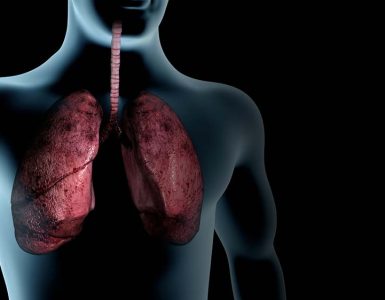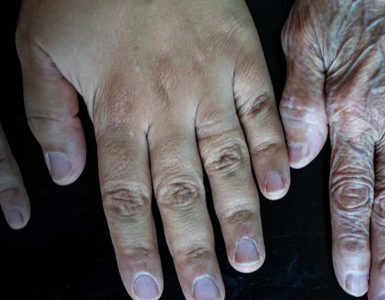University of Minnesota College of Pharmacy faculty Pamala Jacobson and Melanie Nicol and Pediatric Hematology/Oncology Fellow Takuto Takahashi recently published a peer-reviewed study in Nature Genomic Medicine about how individualization with pharmacogenomics — the study of how genes affect a person’s response to drugs — may improve the efficiency and safety of these drugs.
The application of pharmacogenomic tests can help eliminate fatal hypersensitivity for patients prescribed certain drugs,” said Jacobson. “We asked the question if selecting a COVID-19 medication or the dose using an individual’s genetic information could improve effectiveness or safety.
“One of the biggest success stories of using pharmacogenomics is with the HIV treatment abacavir,” said Nicol. “Which is now a standard test for a potential treatment for those living with HIV and has virtually eliminated fatal hypersensitivity associated with that drug.”
The study looked at various literature for drug therapies for COVID-19 — including hydroxychloroquine, remedesivier, tocilizumab, and steroids — on PubMed. The researchers found that:
- there are several gene variants that alter how an individual’s body metabolizes and processes COVID-19 therapies and may increase the risk of adverse effects;
- that the risk of taking these therapies is complex since patients with COVID-19 are usually taking multiple other medications and have underlying conditions that affect the drug;
- and the data for the pharmacogenomics on COVID-19 is limited due to the early stages of the clinical trials investigating treatments.
“While we did not find direct evidence to support the use of pharmacogenomic testing for COVID-19, we did identify many actionable genetic markers that may have the promise to improve efficacy and safety,” said Jacobson. “Clinical studies in patients with COVID-19 are needed before routine testing can be recommended.”
The National Institute of Allergy funded Nicol and Infectious Diseases (K08AI134262), and Jacobson was funded by the National Institute of Allergy and Infectious Diseases (R01AI140303). Source: University of Minnesota
















Add comment